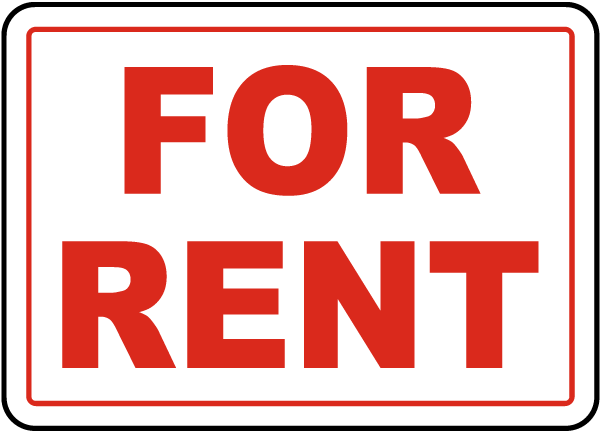Know the law: Renting
Seasoned landlords know the ins and outs of working with renters and city officials when it comes to getting the most out of their investment. Before a new investor gets in the game there are a few key things to consider.
Can the property be rented?
Some cities have restrictions on operating a property as a rental. It is crucial to research this at the outset, especially if you are considering owning a rental property in Northfield because an ordinance may restrict your use of the property. Northfield's rental ordinance - https://www.ci.northfield.mn.us/383/Rental-Housing - includes many common baselines for room size, ceiling height and other things related to health and safety. The city inspector will look for these things during an inspection, but a close reading of the ordinance reveals a limit to the number of rental licenses allowed per city block. Calculating the number of homes in a given block is really best left to the city staff, so call them if you're looking at obtaining a license for a specific property to find out the eligibility. You can check out Northfield's city map to get a sense of the neighborhood zones where the 20% rule applies. Cities like Minneapolis, Burnsville, Hopkins and others also have rental ordinances with licenses.
Will it be profitable?
Plopping down $200,000 on a rental property is a thrill by itself, but making a profit on the venture is the goal, so whether you make your money on equity gain, appreciation or monthly cash flow, you should have a solid series of calculations to limit your risk. You don't have to do this alone! There are many online resources to hear about other's experiences and advice, such as biggerpockets.com. Always take advice with a grain of salt and be prepared to fully own any decisions you make with your money. I help my clients analyze the market to see if a property is a good value. If a home needs rehab, getting a variety of estimates will help you set your budget. If you don't want to manage your rental yourself, you can always have a management company handle the nitty gritty for you.
Is it a good deal?
This year I've found that more and more investors are eyeing picking up rental properties. Some are focusing on multi-unit properties while others prefer townhomes or single family homes. With all this competition from other investors who can make cash offers, it's as tricky as ever to feel like you're getting a good deal. The key is to do your homework ahead of time and be specific about your budget so you're paying a price you can afford. The best deals usually require the most work and often taking on more liability which for investors may mean going to sheriff sales to buy foreclosures before inspecting them closely. I always recommend knowing what you're buying and getting an inspection and often a home warranty also. You don't want to get in over your head because when the next good deal comes around, you want to be in a position to benefit from it too.

